Table of contents
The UPSC Civil Services Examination demands an understanding of contemporary advancements. In this ever-evolving landscape, Science and Technology (S&T) hold immense potential to revolutionize governance and national security. This introductory section explores some of the latest breakthroughs in S&T, highlighting their potential impact on India's future and underlining their relevance for the UPSC aspirant.
PRATUSH
- Probing ReionizATion of the Universe using Signal from Hydrogen (PRATUSH) is a high-resolution telescope to be posted on the moon and in its orbit.
- It is a radio telescope built by the Raman Research Institute (RRI) in Bengaluru in collaboration with the ISRO.
- The telescope will detect signals from the first stars and galaxies and help understand the universe's cosmic dawn.
- It will give insight into the formation of the first stars, their nature and the nature of light from the first stars.
- The frequency-independent antenna, an analogue receiver and a digital correlator will help catch radio noise from the Dark Ages.
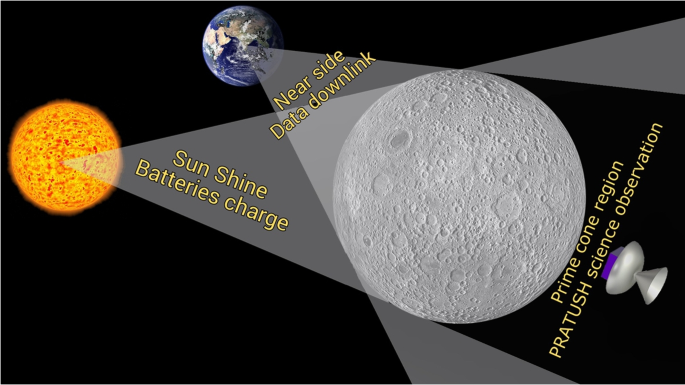
POEM-3
- ISRO launched PSLV-C58/XPoSat to ensure it left no debris in space, by turning the last stage of the rocket into a small space station called POEM-3
- PSLV Orbital Experimental Module-3 was developed by the Vikram Sarabhai Space Centre.
- ISRO ensured POEM (powered by solar panels) orbit the earth as a stabilized platform to perform in-orbit scientific experiments.
- It communicates with ISRO’s NavIC satellite constellation for navigation and communicates with the ground station via telecommand system.

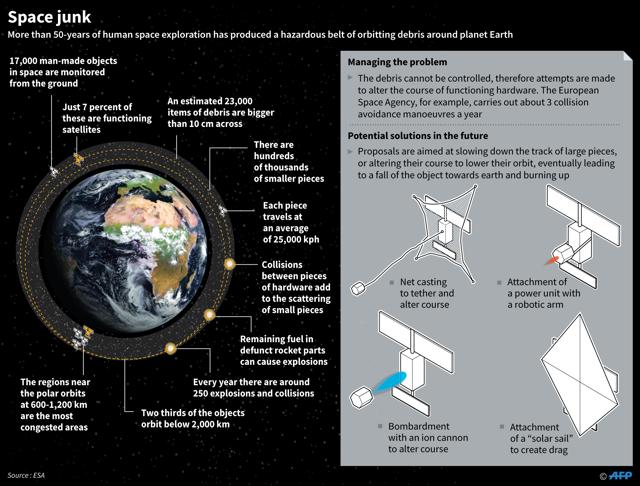
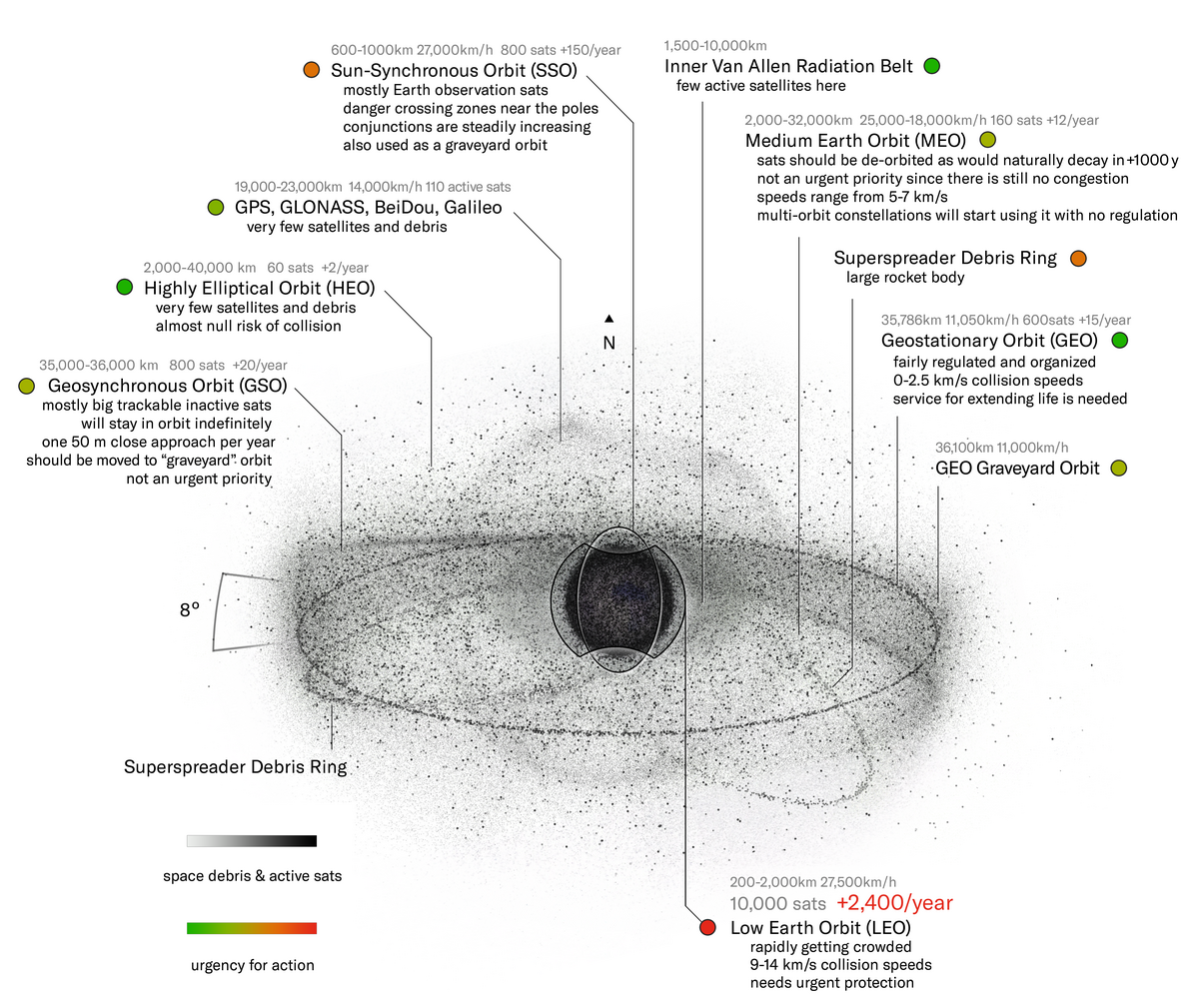
MIRV Technology
- Agni-5 missile with MIRV technology (Multiple Independently Targetable Reentry Vehicle) undertook the first flight test of Mission Divyastra.
- India publicly acknowledged development of the MIRV technology which is possessed by major nuclear countries.
- It can deliver multiple warheads at different locations, which can include decoys to deceive the enemy’s ballistic missile program.
- Agni-5 can strike targets over 5,000 kilometers away with a payload capacity of around 1,500 kilograms.

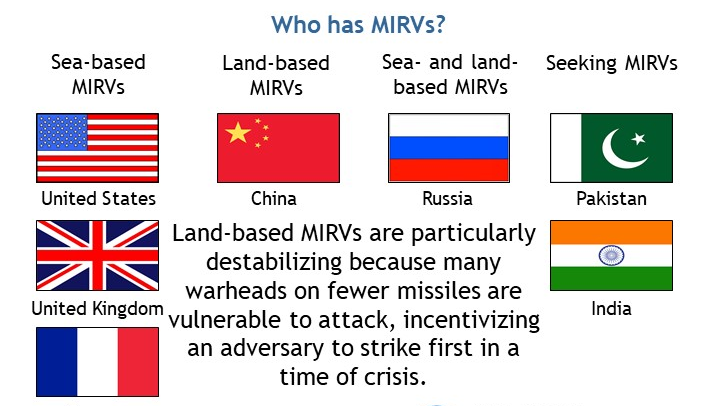

iOncology-AI Project
- AIIMS Delhi developed an AI powered model iOncology-AI Project, integrated with a supercomputer for informed decisions regarding cancer treatment.
- It is a collaborative effort between AIIMS Delhi, C-DAC and MEITY.
- The use of AI-enabled advanced algorithms assists doctors in treatment based on comprehensive genomic data analysis.
- A patient's genetic makeup and alterations in genes can be deciphered by genome sequencing.



Brainoware
- Recently, scientists fused brain-like tissues with electronics to make an organoid neural network called brainoware which is a computer-like structure..
- Lab-grown real human brain tissues were used to create mini-brains known as organoids. These organoids are 3D clusters of brain cells which are simply tissue structures without thoughts or feelings.
- Brain organoids are formed by extracting human pluripotent stem cells and are aggregates of early-stage neurons, mature neurons, neuron progenitor cells and astrocytes.
- Brainoware uses an artificial neural network to connect these organoids to microelectrodes by a process known as reservoir computing.
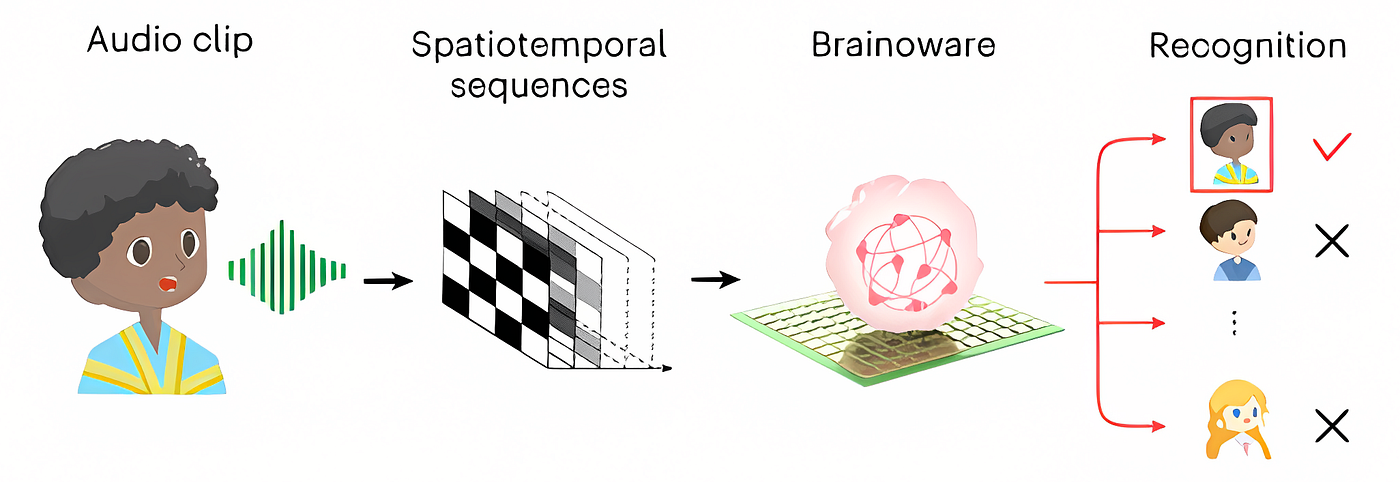
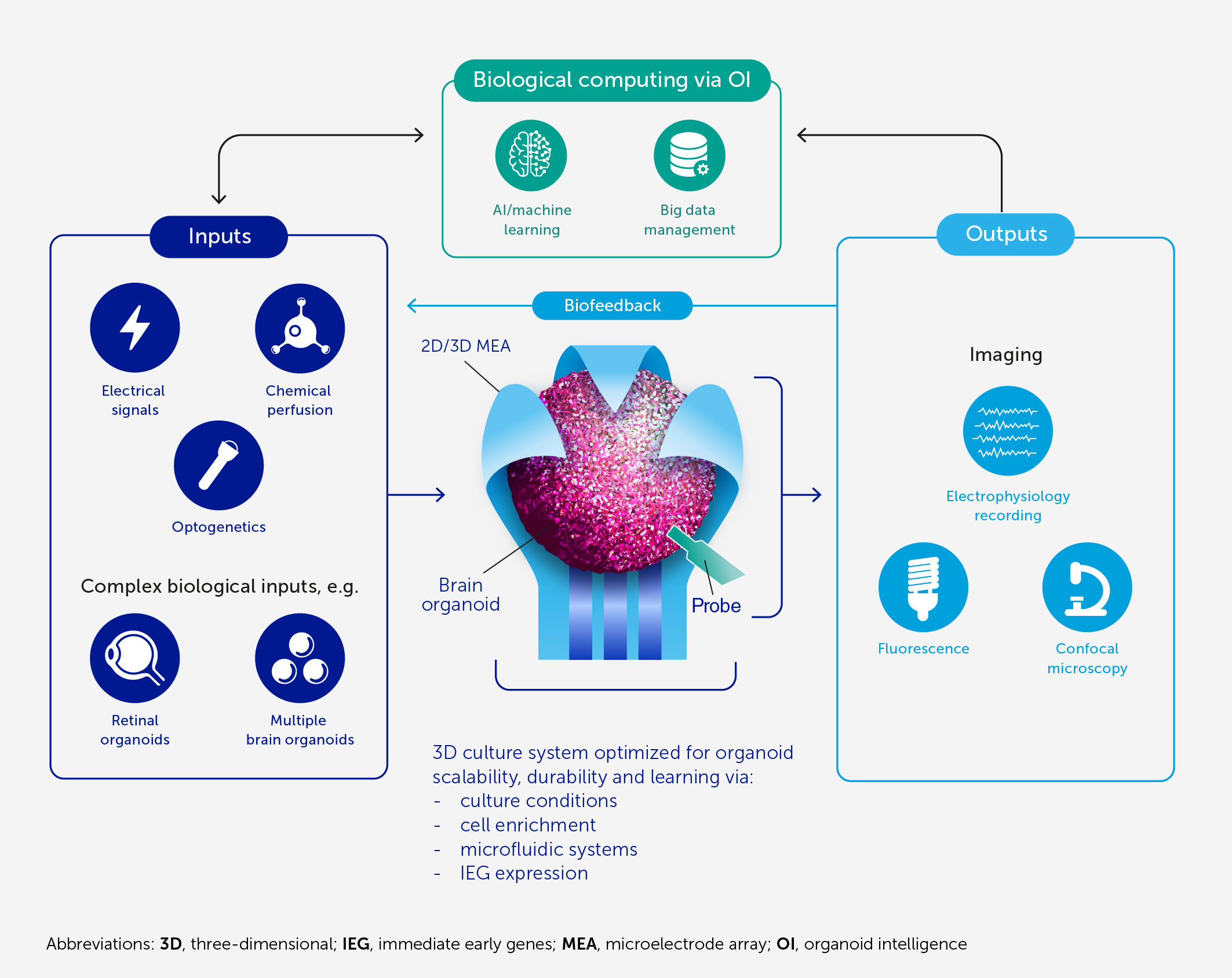
Fast Radio Burst (FRBs)
- It is a pulse of electromagnetic radiation of radio-frequency lasting a small fraction of a second but outshining most other sources of radio waves.
- FRBs release as much energy in a short time as the Sun does in weeks or even years.
- Origin of FRBs is based on theories like supermassive black holes, magnetars (highly magnetic neutron stars) etc.
- They can be detected using radio telescopes because they are short-lived bursts of radio waves.
- Laser Interferometer Space Antenna (LISA), to be launched in the early 2030s, will help in studying FRBs extensively.


Juice Jacking
- Juice jacking is a type of cyberattack where hackers tamper public USB charging ports with malware.
- It is done through malicious charging stations by use of pre-programmed hardware or software in areas like airports, hotels, cafes, etc. After plugging in devices, the compromised port can be remotely accessed and sensitive data can be extracted.
- Also, charging cables can be replaced by cybercriminals with malicious ones to intercept data.
- Apart from awareness and avoidance, users can use a virtual private network and ensure that devices have the latest security updates installed.


SIMA
- Scalable Instructable Multiworld Agent or SIMA is an AI Agent which can itself process data and take actions.
- It is a generalist virtual buddy AI Agent capable of doing different tasks in all sorts of virtual environments
- It has been trained to process human language as it understands commands which can help accomplish tasks.
- SIMA is capable of learning and adapting through the interactions it has with the user. More interaction means SIMA gets smarter by learning from its experiences.

